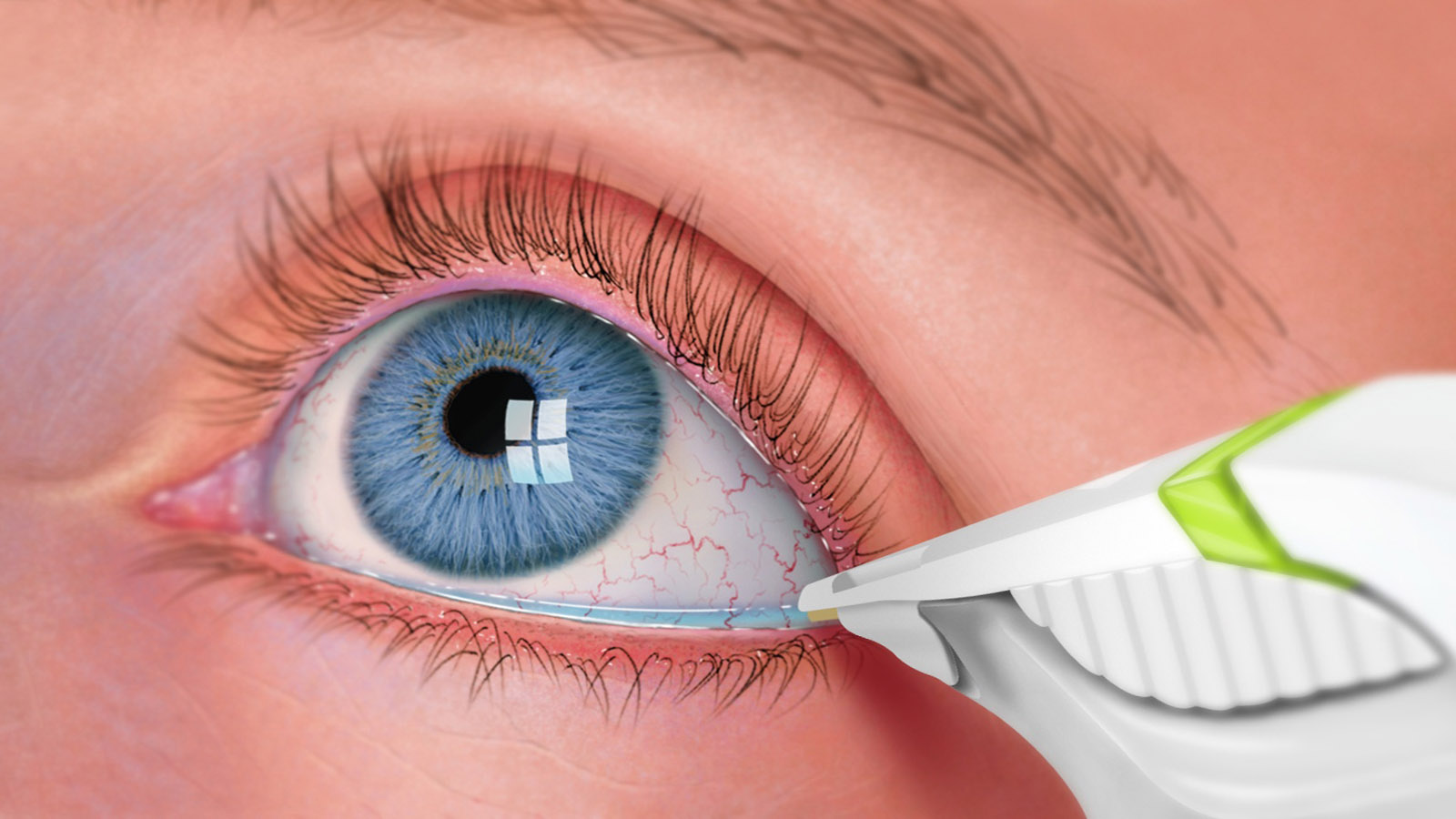Leading Cardiologist Andalusia: Your Companion in Heart Health
Leading Cardiologist Andalusia: Your Companion in Heart Health
Blog Article
Is Refractive Surgical Treatment Right for You? Factors to Think About for Better Eyecare
In the world of eye treatment, the choice to go through refractive surgical procedure is a weighty one that requires thoughtful consideration. As individuals seek clearness and flexibility from the restraints of corrective lenses, various variables come right into play when identifying the viability of such a treatment. From the complexities of one's ocular health and wellness to the complexities of everyday behaviors and personal expectations, each aspect holds value in the wider landscape of refractive surgical treatment candidateship. By examining these crucial elements with care and accuracy, a more clear path in the direction of informed decision-making emerges.
Eye Health Evaluation
When taking into consideration refractive surgical procedure, a thorough eye health and wellness examination is essential to assess the suitability of the procedure for each individual. neurologist andalusia. This analysis includes a series of assessments and examinations carried out by an eye treatment expert to establish the overall health of the eyes, the presence of any hidden conditions, and the security of the refractive error
Throughout the examination, various factors are taken into account, such as the client's case history, present eye prescription, corneal density, pupil dimension, and tear film top quality. These evaluations help to identify any kind of contraindications to refractive surgery, such as corneal abnormalities, cataracts, or unattended eye infections. Additionally, the analysis assists to handle person expectations regarding the potential end results of the surgical treatment based on their unique eye attributes.
Inevitably, the eye health and wellness assessment is important in guaranteeing the safety and performance of refractive surgical treatment, as it gives beneficial understandings into the person's eye health status and aids identify the most ideal therapy options for achieving optimal visual outcomes. (andalusia pediatrics)
Way Of Life Evaluation
A detailed way of living analysis is indispensable in establishing the viability of refractive surgery for a person's visual improvement demands. Way of life aspects such as profession, leisure activities, and everyday tasks play an essential role in the decision-making process relating to refractive surgery. For example, people with careers that include a high level of exercise or direct exposure to ecological elements might have different aesthetic needs contrasted to those with sedentary desk jobs. Understanding just how an individual's way of living might impact their vision post-surgery is necessary for handling assumptions and guaranteeing optimum end results.
Furthermore, way of living behaviors such as sporting activities involvement, outside activities, or perhaps skin care routines can influence the recovery process and overall success of refractive surgery. For instance, people who engage in contact sports might require to take extra safety measures to safeguard their eyes during the healing duration. In addition, individuals with comprehensive sunlight exposure might require additional post-operative treatment to protect against issues. By performing a comprehensive way of living analysis, eye treatment experts can tailor their recommendations and therapy plans to fulfill the special demands of each patient, ultimately bring about improved aesthetic end results and complete satisfaction.
Assumption Positioning

Individuals need to understand that while lots of individuals achieve 20/20 vision or much better following refractive surgery, some might still require glasses for specific activities like analysis or driving at night. Handling these assumptions aids protect against disappointment and dissatisfaction post-surgery, leading to an extra favorable general experience for the person.
Danger Analysis

Factors that may boost the danger of complications include age, particular clinical problems like autoimmune conditions, unstable vision prescription, slim corneas, and unrealistic person assumptions. Additionally, choosing a seasoned and proficient specialist, adhering to pre and post-operative care directions carefully, and disclosing any pertinent medical background can help alleviate risks.
To lessen the possibility of problems, eye doctors conduct extensive pre-operative analyses to identify any kind of contraindications to surgical treatment. They also go over the prospective risks and advantages with patients during the appointment procedure. By involving in open interaction and shared decision-making, both the patient and the ophthalmologist can interact to identify if refractive surgery is the right option based upon private risk accounts and preferred results.
Consultation Significance
Taking into consideration the vital function of educated decision-making in analyzing dangers and prospective complications in refractive surgical treatment, the examination procedure holds significant significance in directing individuals in the direction of optimal end results. During the consultation, the ophthalmologist reviews the patient's eye health and wellness, refractive errors, and total suitability for surgical procedure. This first assessment is critical in establishing one of the most suitable procedure for each person, taking into account factors such as corneal thickness, pupil size, and existing eye conditions.
In addition, the examination acts as a possibility for clients to review their assumptions, concerns, and any type of concerns they may have regarding the surgical procedure. Clear interaction in between the surgeon and the individual is necessary to ensure reasonable assumptions and a detailed understanding of the possible dangers and advantages involved.
Furthermore, the appointment allows the surgeon to explain the different medical alternatives offered, their corresponding results, and the post-operative treatment required. This thorough conversation empowers patients to make educated decisions concerning their eye treatment, leading to far better fulfillment and results post-surgery.
Conclusion
In verdict, people taking into consideration refractive surgery should undergo a detailed eye health analysis, analyze their way of life behaviors, align their assumptions with prospective results, examine the associated risks, and focus on examinations with eye treatment experts. These aspects play an go to my blog important role in establishing the suitability of refractive surgical treatment for each and every individual, making sure ideal end results and complete satisfaction with the treatment.
Clients taking into consideration refractive surgical treatment usually have high expectations regarding the outcomes, expecting perfect vision without the demand for glasses or call lenses. While refractive surgical procedure can substantially boost vision and lower reliance on visual help, it is essential for patients to comprehend that results might differ based on individual aspects such as the degree of refractive error, corneal density, and general eye wellness.
By engaging in open communication and shared decision-making, both the client and the ophthalmologist can function together to establish if refractive surgery is the best choice based on private threat profiles and desired end results.
Taking into consideration the important duty of informed decision-making in evaluating dangers and possible issues in refractive surgical treatment, the examination process holds significant value in leading patients in the direction of optimum end results. Throughout the examination, the ophthalmologist reviews the individual's eye health, refractive mistakes, and general suitability for surgical procedure.
Report this page